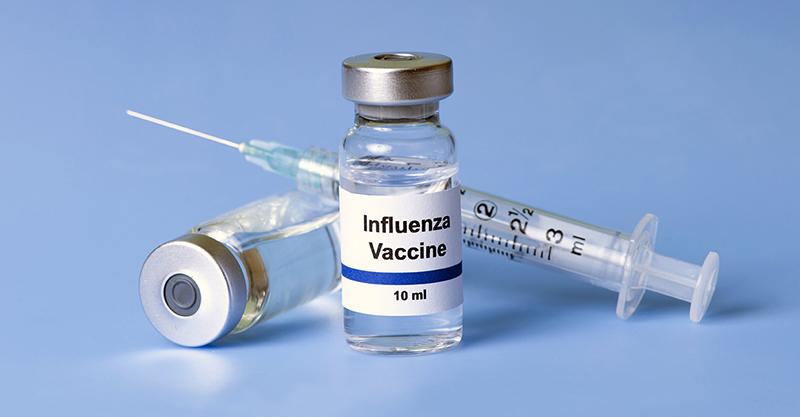Estimation of the influenza vaccine’s efficacy has increased from negligible to moderate, improving to 35 percent in vaccine efficacy, according to the Centers for Disease Control and Prevention (CDC) on June 22.
The CDC announcement backtracked on its previous interim estimates in March for 2021 to 2022 seasonal influenza found that the vaccine did not offer significant immunity, with estimated immune protection of 16 percent.






